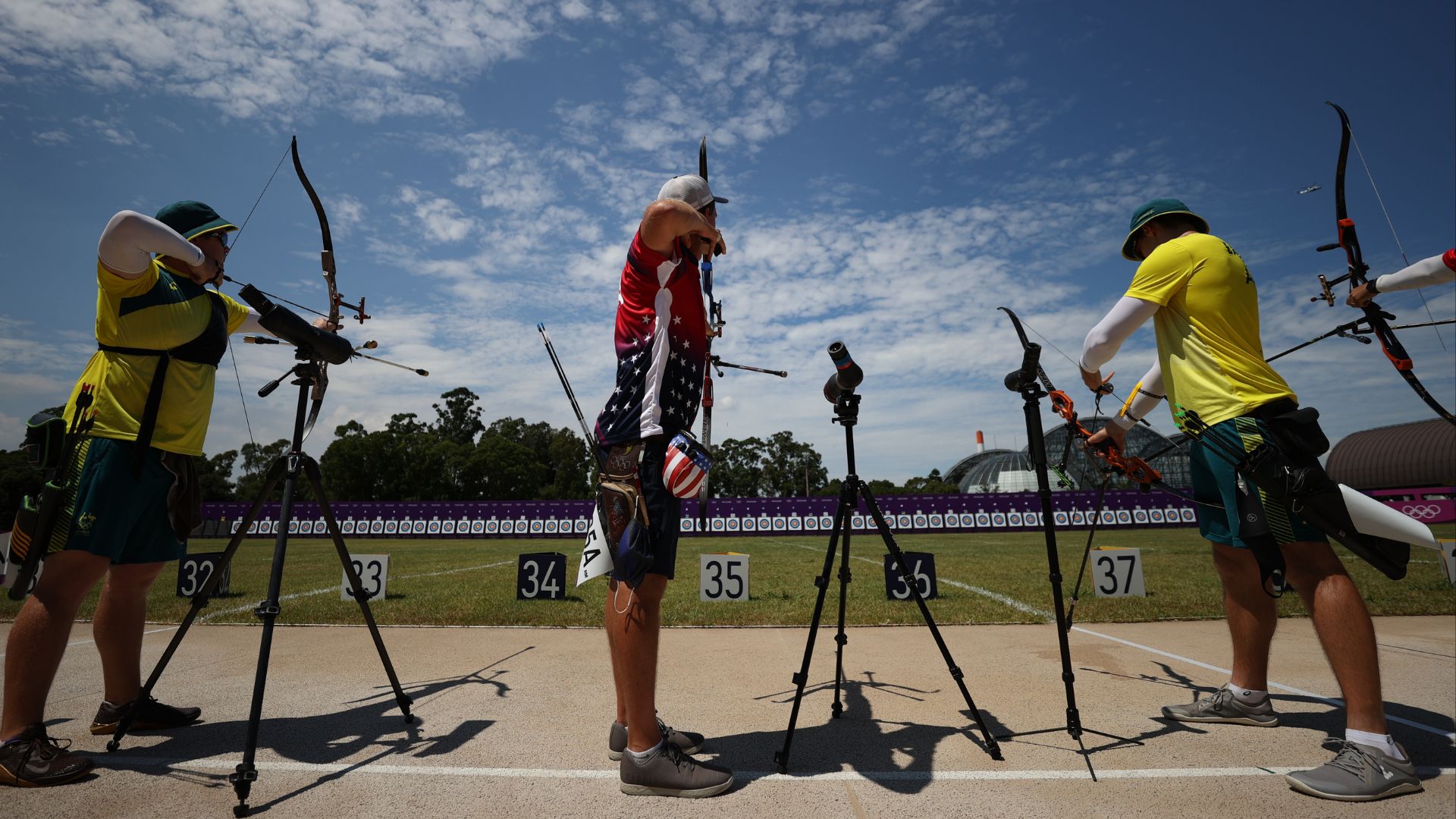
In high-stakes situations — such as during a job interview, an exam or a sporting event — people may find that they "choke" under pressure, meaning they perform worse than expected. However, if that sense of pressure were removed, these people would be able to perform to their fullest capability, said Dr. Jeri Tikare, a clinical psychologist at the digital mental health and counseling platform Kooth.
But what causes this phenomenon, and can it be avoided?
Underperforming when it matters most may be a well-known phenomenon, but only recently have studies shed light on the potential mechanisms behind it.
Choking under pressure can be linked to the fight-or-flight response, the body's way of protecting itself from situations the brain deems threatening, Tikare told Live Science. "This mechanism has ensured our survival to date," he said. However, sometimes our brains confuse real danger with, for example, stress from public speaking, Tikare said. Ultimately, the physiological reaction ends up being similar.
Related: 6 ways an athlete's brain differs from an average person's
Fight-or-flight mode boosts the production of stress hormones, like cortisol and adrenaline, thus elevating heart rate and raising blood pressure. A 2023 study in the journal Psychological Science found that these cardiovascular factors may forecast poor performance in sports competitions. Researchers measured the heart rates of 122 athletes during an Olympic archery competition, finding that higher heart rates when aiming were tied to lower performance scores.
Mental stress may lead to "choking" because it causes the brain to focus on the perceived threat rather than on the task at hand, Tikare said. That idea is backed by data from brain scans, which suggest parts of the brain involved in motivation and attention activate during stressful situations.
The presence of others may be a key factor in choking under pressure, suggests a 2007 review in the Journal of Sports Sciences. Supportive audiences can inspire performers to excel, but having an audience can also spur unhelpful self-monitoring and overcautiousness in performers, the review authors wrote. This increased self-focus can effectively disrupt a person's ability to execute complex skills without too much conscious thought, as they have trained to do.

Furthermore, in a study in monkeys, researchers found that the prospect of great rewards can affect the animals' performance.
The anticipation of a large reward interfered with "motor preparation," a process in which the brain readies the body to perform a task that involves movement. In the study, the monkeys performed their best when the reward was medium to large — large enough to prevent them from being careless but small enough not to make them choke under pressure. Conversely, when offered a veritable "jackpot," the monkeys froze up and performed poorly.
Related: What happens when you 'hit the wall'?
Some people are more prone to choking under pressure than others, said Sam Jahara, a psychotherapist at Brighton and Hove Psychotherapy in the U.K. There can be "certain triggers for choking under pressure, such as a major past event or failure which has led to loss of confidence," Jahara told Live Science in an email. "It could also be that a person is experiencing a lot of stress in their present life and therefore the resources for good performance just are not there."
Luckily, people can practice performing well under stress, Chris Hartley, a lecturer in sport psychology at the University of Stirling in Scotland, told Live Science in an email. What's more, if they panic during a performance, they can also simplify the task down to a "landing strip protocol" that they've perfected.
"In high-pressure situations, our brains can get 'tunnel vision' and focus on irrelevant things," Hartley said. "In these situations, we can take a lesson from the aviation industry, where landing strips guide planes to safety in the dark of night. Similarly, you can create a 'landing strip' protocol of simple steps that you can follow at any point to help orient you back onto the task at hand."
Another strategy is to develop visualization techniques, Tikare said. By visualizing every part of their performance beforehand, people can help minimize their chances of "choking" when they actually perform the task, he said.
Ever wonder why some people build muscle more easily than others or why freckles come out in the sun? Send us your questions about how the human body works to community@livescience.com with the subject line "Health Desk Q," and you may see your question answered on the website!







